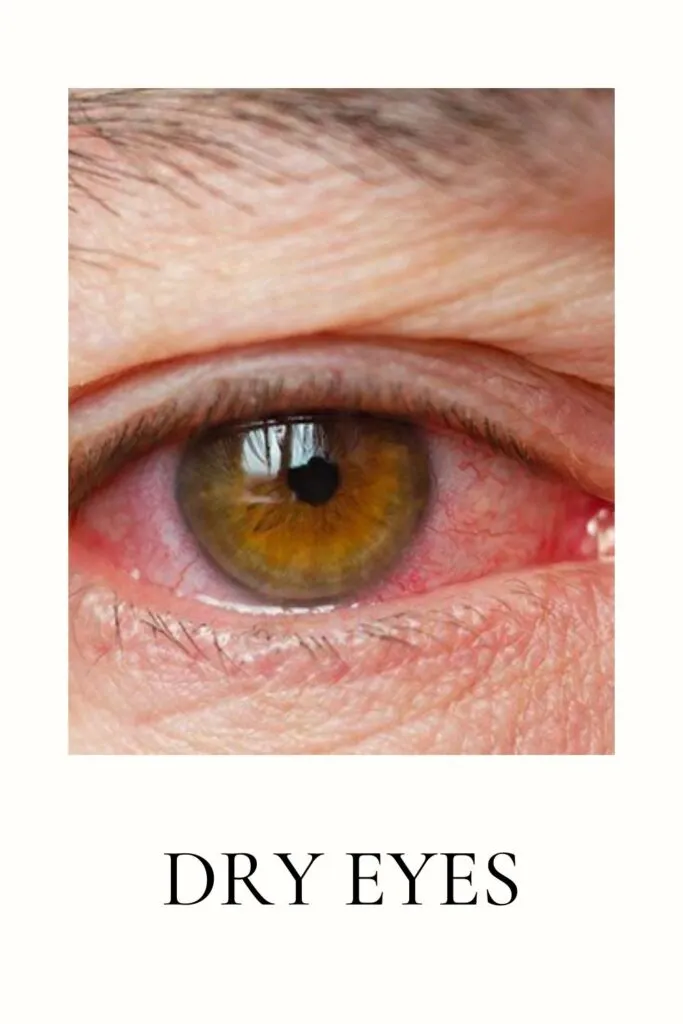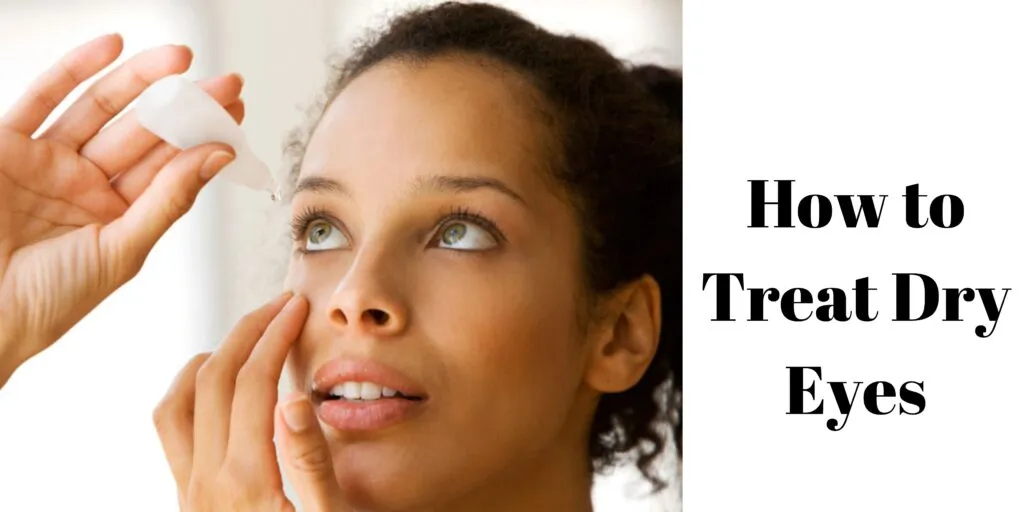Everybody is prone to getting dry eyes at some point in their lives, although some people experience it more a lot more than others.
Most of the time, having dry eyes is nothing to be concerned about and it can disappear on its own without any intervention. However, if your eyes are persistently dry, you can take action to rehydrate your eyes and relieve your symptoms.
Having dry eyes can lead to itchiness, redness, blurry vision, and watery eyes. In more severe cases, they can be painful, especially when the person is constantly itching around their eyes.
There is a range of things that increase the risk of you getting dry eyes, including:
- Being above the age of 50
- Wearing contact lenses to help with your eyesight
- Staring at your computer, laptop, or phone screens all day without taking breaks
- Sitting in a room where the heating or air conditioning is on high
- Walking outside in the wind
- Smoking
- Drinking alcohol and being dehydrated
- Some medications, including antidepressants, antihypertensives, and diuretics
How Can You Treat Dry Eyes?

The treatment options for dry eyes depends on the severity of the condition and the potential underlying causes. For those with mild dryness, some simple actions might resolve the issue. If the dryness is more severe or is secondary to a health condition, ongoing treatment options might be required.
If you have been experiencing dry eyes for a while and want to relieve your symptoms, here are some simple things that you can do at home:
- Clean your eyelids every day
- Gently massage your eyelids every day for a few minutes
- Remove your contact lenses for short periods of time throughout the day and switch over to a pair of glasses
- Changing your contacts prescription to the best contacts for dry eyes
- Take regular breaks from your computer or phone screens
- Keep your computer screen just below eye level
- Avoiding sitting in humid or dry areas for long periods of time
- Get a humidifier for your home to prevent the air from getting dry
There are some more intensive treatments that can be used if you have more severe, long-lasting dry eyes. The following treatment options can be used to target the underlying health issues that might be causing dryness in the eyes:
- Changes in medications to reduce dry eyes as a side effect
- Antibiotic medications to decrease inflammation around the eyelids, which can often be a reason for dry eyes
- Eye drops to rehydrate the eyes and reduce inflammation on the surface of the cornea. Usually, eye drops are prescribed on a short-term basis
- Cholinergic medications, which stimulate tea production and help to rehydrate the eyes. These medications can be taken as eye drops, gels, and pills
- Changing from normal contact lenses to special scleral lenses or bandage lenses, which are less dehydrating for the eyes
- Light therapy and massage, where intense light is used to relieve dryness, followed by a gentle eye massage

